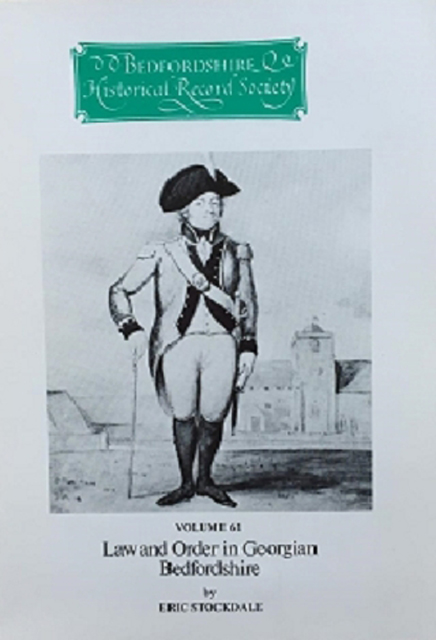I - The 1757 Militia Riots
Published online by Cambridge University Press: 03 August 2023
Summary
‘The nation throughout the first months of 1756 lived in abject terror of an invasion. Few troops were ready to meet such a descent, for votes cannot improvise trained officers and men, and the folly of the Administration had done its worst to discourage enlistment.’ So wrote Sir John Fortescue of the early panicky days of the Seven Years’ War. One of the responses to the threat came from some landowners who raised local forces of their own, promising the volunteers that they would not be required to serve abroad. In practice, some of the Somerset volunteers raised by Lord Ilchester and Lord Digby were driven on board transports despite their protests, and shipped to Gibraltar. Fortescue added, ‘Never was there more brutal and heartless instance of the ill-faith kept by a British Government towards the British soldier.’ Another response came from the government itself, which tried to get a Militia bill through Parliament in 1756. This first attempt failed, partly because of the opposition to it in the House of Lords by the Lord Chancellor, Lord Hardwicke, who was soon to resign from office.
Lord Hardwicke andhis family figure so much in the story that follows that the main members should be introduced. Philip Yorke, 1st Earl of Hardwicke lived just to the east of Bedfordshire, at Wimpole on the road to Cambridge. His oldest son, another Philip, used the courtesy title of Lord Royston and lived at Wrest, Silsoe, with his wife Jemima, Marchioness Grey. Royston was a Member of Parliament for Cambridgeshire. Another of Hardwicke’s sons was Charles Yorke, the Solicitor-General, who was also to be Lord Chancellor in 1770, although he died three days after his appointment. Hardwicke and Royston were very close, the son often asking the father for advice. It is interesting to note from the existing correspondence that Royston clearly preferred the counsel of the recently retired Lord Chancellor to that of the brother who was still a member of the government as one of the law officers of the Crown.
One of the other principal characters in the present story is Thomas Potter, M.P., whose life story was chequered. In 1757 the government tried once more to get a Militia Act onto the statute book.
- Type
- Chapter
- Information
- Law and Order in Georgian Bedfordshire , pp. 1 - 30Publisher: Boydell & BrewerFirst published in: 2023



